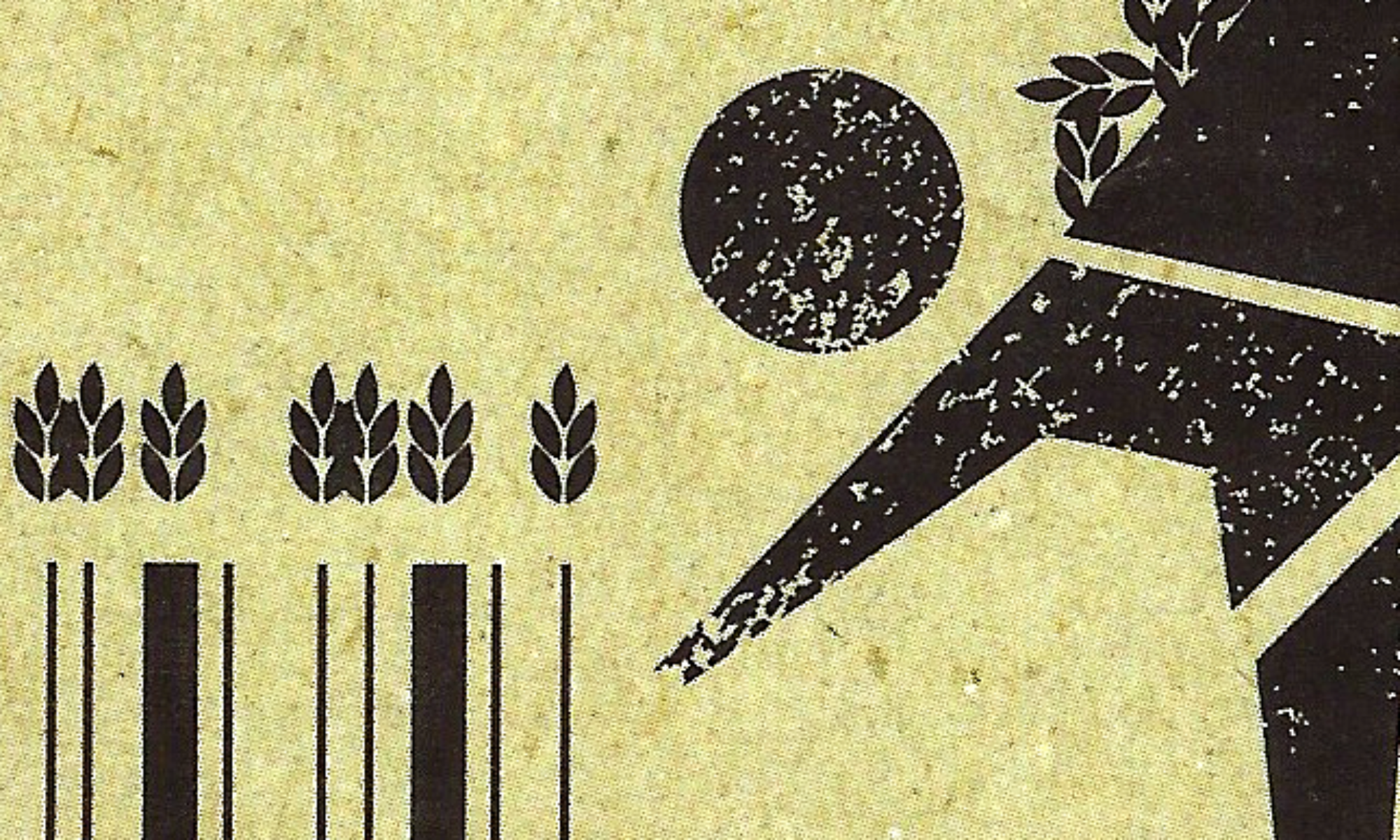The human sciences, activism, and politics share a common problem. How does the writer represent voices that are not their own? Every representation is an act of power, of deploying someone else’s voice in the service of the writer’s truth. Joan Didion puts it well, and while I don’t have the source here to put it in her more exactly elegant words, I think it runs something like: “If you’re a writer, you’re selling someone out. Always.”
Anthropological versions of sociology have devised an awkward compromise. It’s call participatory action research, and in principle, it’s a fine idea. Researchers work with communities to work on research that the community wants. Mechanisms are put in place to hold researchers accountable, the community retains control of the research, and ‘experts are on tap, not on top’.
Predictably, it’s never that simple. Participatory action research can all too often turn into a fig-leaf for well intentioned researchers to get increased buy-in to projects that postpone and shrink the project of accountability into merely a final accounting. The political economy of action research will have its pound of flesh.
Which is why it’s so refreshing to read a book from an entirely different tradition that gets the politics of accountability, and so much else, so right. Perhaps it’s unsurprising that it’s a South African book. South Africa has been grappling with accountability, and truth, very publicly in the years since the end of apartheid. The Truth and Reconciliation Commission, for all its many flaws, was a brave experiment in truth-telling. While it’s far from clear that the Commission’s goals of closure and completeness let alone reconciliation were ever achieved, it did create an unprecedented space for new voices to be heard. Not the voices of the torturers, bigots and racists who now walk freely in the new rainbow nation, but the voices of their survivors.
Eleven survivors of the new South Africa have found powerful voice in a wonderful book called Finding Mr Madini, a book ‘directed’ by Jonathan Morgan, a psychologist working in the tradition of narrative therapy. In its clinical form, narrative therapy aims to turn the neuroses of its writers into written and hence more tractable form. It does more than that, though. It opens the possibility of transmuting pain into politics. And that’s what the book does.
It’s a book that started as a book that Morgan wanted to write about homelessness in Johannesburg. Through a series of events, the book becomes a book written by Morgan and a group of homeless writers for whom he runs a workshop in which the writers bring their own ‘windows’ – not-necessarily-coherent glimpses into their lives, their truths. And then one of the writers goes missing, and the book becomes a book written by Morgan, and ten other Great African Spider Project writers, in which they write a book, and look for their missing comrade.
Morgan avoids the temptation to write the setting for the jewels of storytelling brought to his class by the GASPers. They write the narrative thread almost, but not quite, as equals. (Which is fair enough – it’s not a Wiki, it’s a book.) I’m not going to spill the beans about the stories – they’re in turn magic realist, high camp, Hemmingway, and Carver. It’s a must read, not just for the stories, but for what it teaches about how hard, and how possible, it is for collective writing to rock the world.
That said, finding Finding Mr Madini isn’t easy. If you’re outside South Africa, actually even if you’re in South Africa, it’s not easy to get your hands on a copy of this wonderous book. But if you do, let me know, and I’ll tell you what happened to Sipho Madini.
